Outdoor Recreation: Maximize ROI in this Trillion Dollar US Market
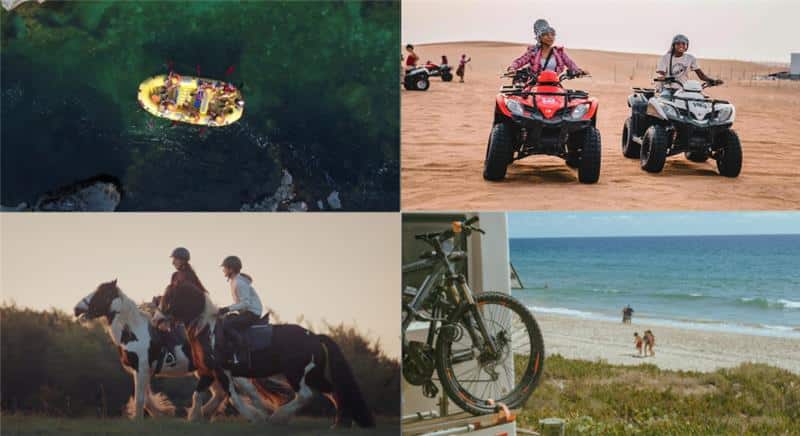
The U.S. outdoor recreation sector has evolved far beyond weekend camping and fishing trips. Today, it intersects with the booming event industry, creating massive opportunities for business owners, landowners, and entrepreneurs. According to the U.S. Bureau of Economic Analysis (BEA), in 2023, outdoor recreation generated an astounding $1.2 trillion in economic output, contributing $639.5 billion in current-dollar value added, which represents 2.3% of the nation’s Gross Domestic Product (GDP). This isn’t just a robust sector; it outpaced the overall U.S. economy’s growth in 2023, with outdoor recreation real GDP growing 3.6% compared to 2.9% for the U.S. economy, and jobs growing 3.3% compared to 1.8% (BEA, 2025). The Outdoor Recreation Roundtable (ORR) further emphasizes that this sector supports 5 million jobs, underscoring its profound impact on employment across the nation (Outdoor Recreation Roundtable, 2024).
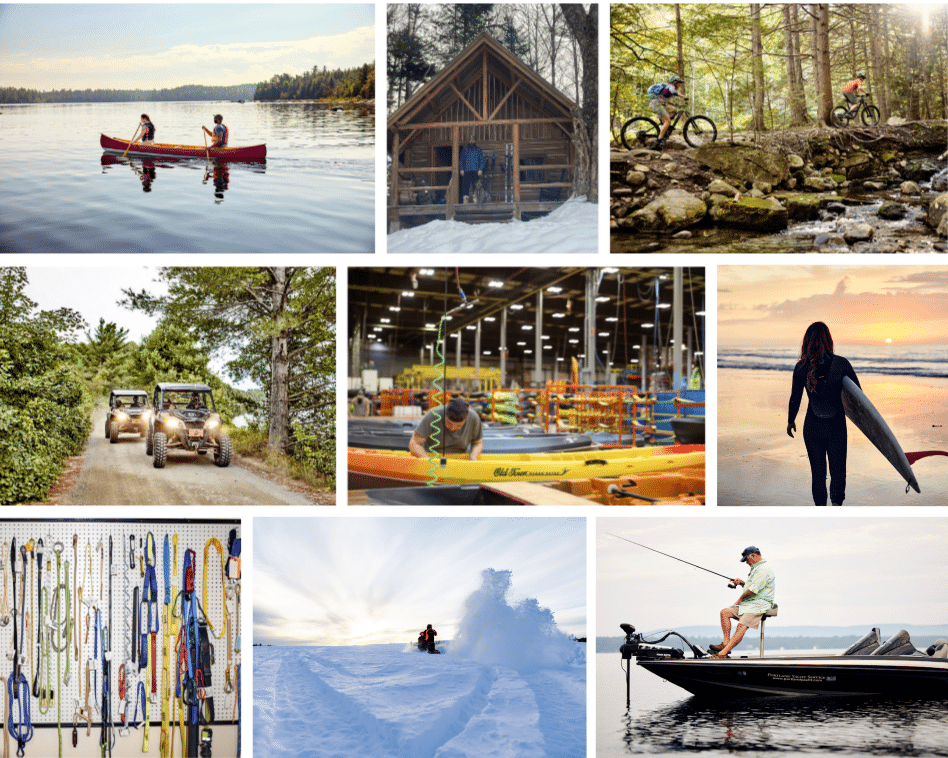
The 2023 report of the Bureau of Economic Analysis showed the top contributing value-added activities, with boating and fishing at the lead. Boating and fishing generated $36.8 billion in current dollar value added. RVing followed closely at $26.3 billion, while hunting, shooting, and trapping contributed $14 billion. Snow activities alone accounted for $7.7 billion, dominating states like Colorado, Utah, and Vermont. This economic powerhouse is now merging with the multi-billion-dollar U.S. event industry to form a hybrid opportunity rich with potential. This demonstrates a clear and growing demand for outdoor experiences, presenting a golden opportunity for the event industry to expand beyond traditional venues and embrace natural settings.
The "Why" Behind the Demand: Consumer Trends Driving Outdoor Engagement
Understanding the motivations behind this surge in outdoor participation is crucial for businesses aiming to capitalize on it. Several key consumer trends, often amplified by recent global events, are driving this demand:

Wellness and Mental Health: A significant driver is the increasing awareness of the profound physical and mental health benefits of spending time in nature. Research consistently shows that outdoor recreation can lower blood pressure, reduce stress, improve cognitive function, and enhance overall well-being (UC Davis Health, 2023). The COVID-19 pandemic, in particular, highlighted nature as a safe and essential space for physical activity and social interaction, leading to a sustained increase in participation (Slater et al., 2020).
Digital Detox and Reconnection: In an increasingly hyper-connected world, outdoor activities provide a much-needed escape from screens and digital overload. The appeal of disconnecting and reconnecting with nature, and with loved ones, is a powerful draw for many (PromiseCare, 2025).

Flexibility and Accessibility: The rise of remote work and flexible lifestyles has given more people the freedom to travel and engage in outdoor activities. Furthermore, efforts to improve accessibility to outdoor spaces are widening the participant base.

Sustainability and Eco-Consciousness: A growing segment of consumers prioritizes environmentally friendly and sustainable practices. Outdoor recreation, when managed responsibly, aligns with these values, appealing to those seeking to minimize their ecological footprint while enjoying nature (Astutis, 2025).
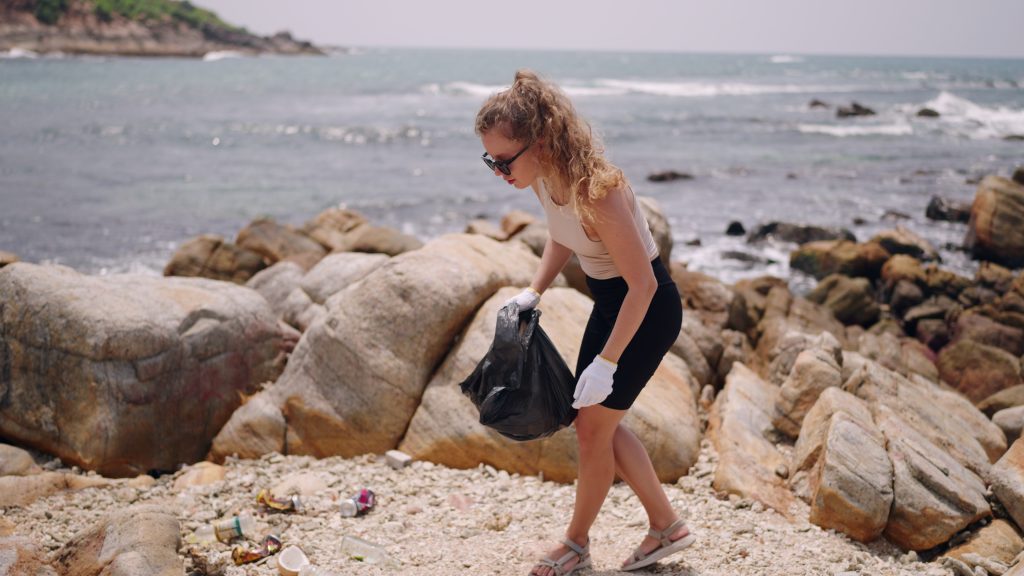
Outdoor Venues: The New Standard for Events
The Outdoor Recreation Roundtable (2023) emphasizes this shift, noting that Americans are increasingly seeking immersive nature-based experiences. Their report states, “The appetite for outdoor recreation has exploded, not only for leisure but as a desirable context for community-building and celebration.”
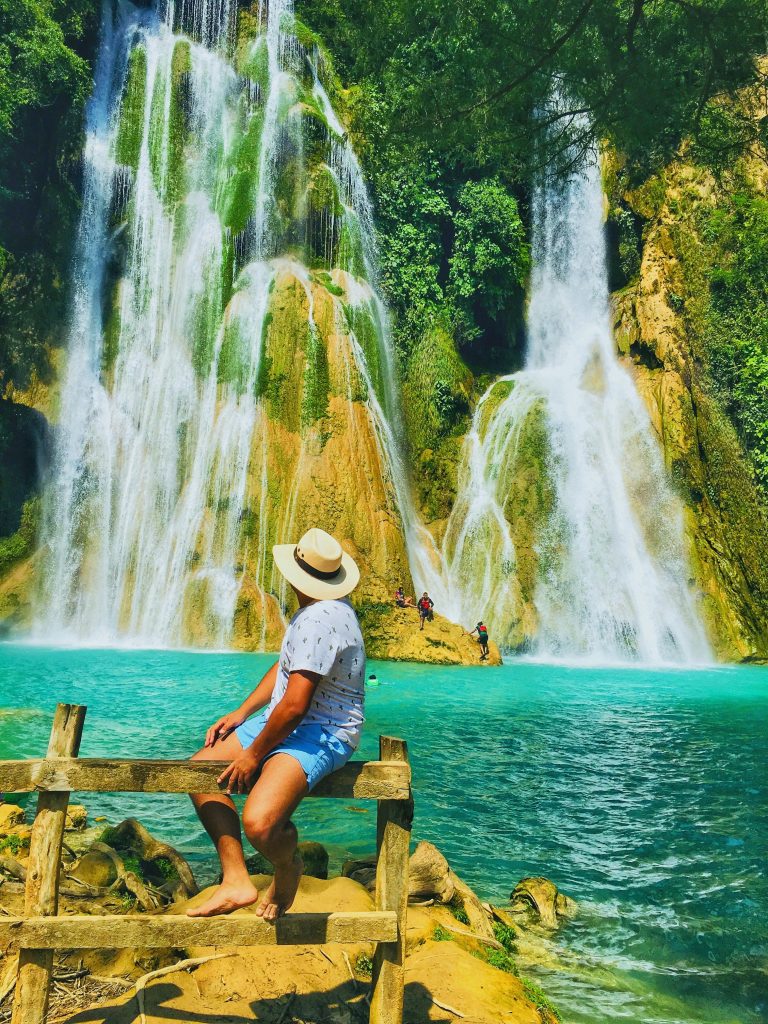
However, many landowners and park operators are missing out. They possess prime real estate but lack the infrastructure to host events. Accommodations such as cabins, cottages, and tiny homes, along with essential amenities like bathhouses with laundry, can transform an empty field into a high-revenue retreat center.
Technological Enablers: Making It Possible
Several innovations have made it easier than ever for property owners to develop outdoor event venues:
- Artificial Intelligence (AI): AI can revolutionize event planning in outdoor settings. From optimizing logistics and predicting weather patterns to personalizing guest experiences and managing crowd flow, AI can enhance efficiency and safety. Imagine AI-powered systems analyzing terrain data to recommend optimal trail routes or personalizing event schedules based on participant interests and fitness levels.
- Internet of Things (IoT): IoT devices bring smart capabilities to remote outdoor locations. Sensors can monitor environmental conditions, track equipment, and even provide real-time safety alerts. Smart lighting, intelligent waste management, and connected security systems can enhance the comfort and sustainability of outdoor event venues. For example, IoT-enabled air quality monitors can ensure safe conditions for participants during large gatherings.
- Advanced Materials: The development of lightweight, durable, and sustainable materials is crucial for outdoor event infrastructure. These materials enable the creation of more resilient, weather-resistant, eco-friendly, and easily deployable structures. That’s why modern cabins, cottages, tiny homes and smart facilities like a bathhouse with laundry are more economical, requiring relatively lower upfront costs, are easier and cheaper to maintain, and are also faster to build and assemble.
Challenges and Considerations
While the opportunities are vast, tapping into the outdoor recreation event industry also comes with its own set of challenges that require careful consideration:
Infrastructure Needs: Many parks and natural areas, while possessing ample land, lack the robust infrastructure required for hosting large-scale events or providing comfortable accommodations. This includes everything from reliable power and water systems to proper waste management facilities, accessible trails, and event-specific setups like stages or vendor areas. The Outdoor Recreation Roundtable frequently emphasizes the need for continued investment in public lands and infrastructure to meet growing demand (Outdoor Recreation Roundtable, 2025).
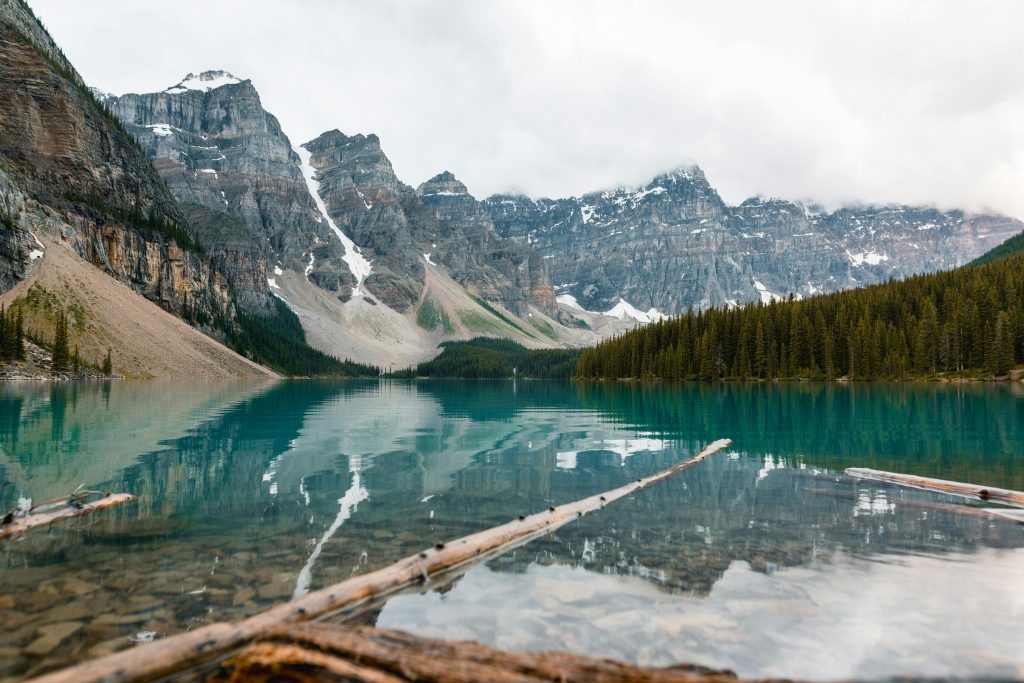
Regulatory Hurdles: Navigating the complex web of permits, environmental regulations, and land-use policies can be a significant obstacle for event organizers. Different agencies (federal, state, local) may have varying requirements, making the planning process lengthy and intricate. Advocating for streamlined regulations is a key focus for industry professionals (Baloch et al., 2022).
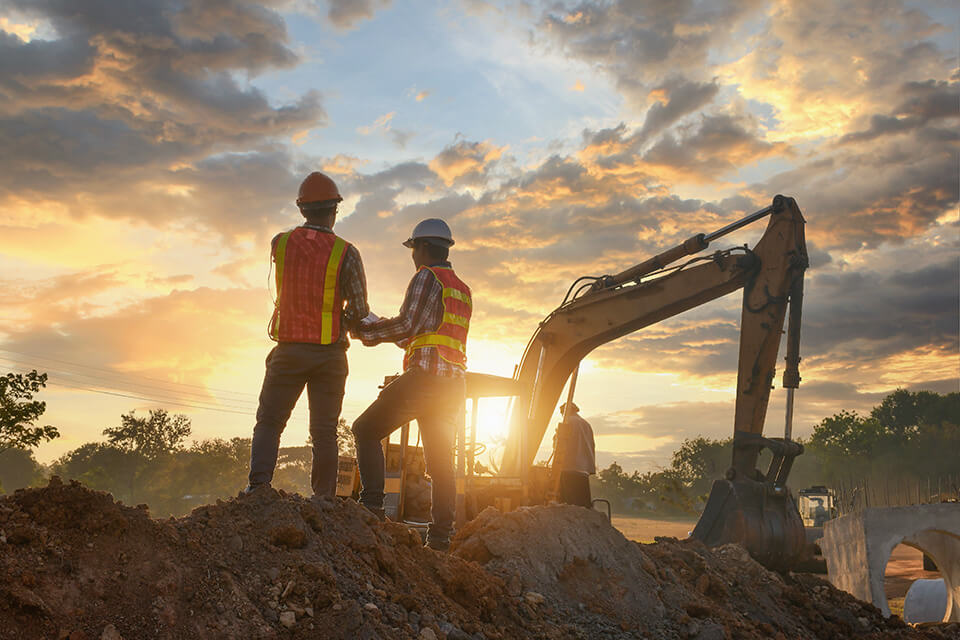
Environmental Impacts: Increased visitation and event hosting in natural settings can put significant strain on ecosystems. Event organizers must prioritize sustainable practices, including minimizing waste, protecting natural habitats, managing noise pollution, and ensuring responsible resource use. Balancing economic development with ecological preservation is paramount.

Natural Disasters: Outdoor events are inherently vulnerable to extreme weather events and natural disasters like wildfires, floods, or hurricanes. Developing resilient infrastructure and comprehensive emergency preparedness plans is essential for long-term sustainability and safety (EHab, 2024)
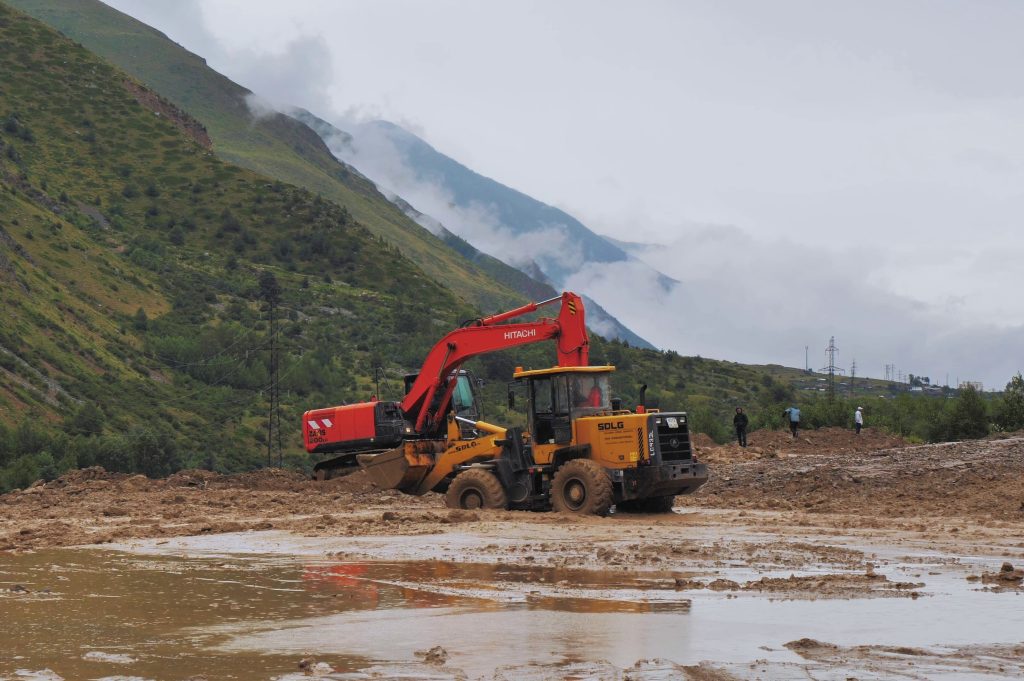
Addressing these challenges requires a collaborative approach involving industry professionals, government agencies, local communities, and environmental organizations
The Modern Solution
For business owners, managers, operators, and even aspiring entrepreneurs looking to embrace the outdoor recreation boom, investing in modern infrastructure is paramount. While land may be abundant, providing comfortable and appealing accommodations is the key to attracting and retaining visitors, especially those seeking a “glamping” or elevated outdoor experience.
This is where contemporary solutions like cabins, cottages, and tiny homes become invaluable. These structures offer a crucial blend of rustic charm and modern comfort, providing guests with a private, weather-protected space that elevates their outdoor adventure. They cater to the demand for a “digital detox” without sacrificing basic amenities, often featuring comfortable beds, small kitchenettes, and private bathrooms (Touch Stay, 2024). Moreover, the appeal of simplified living in well-designed compact spaces can lead to reduced stress and a greater sense of calm for guests (Colorado Trail & Hitch, 2025).
Vacavia Cottages and Cabins offer modern, durable, and stylish housing solutions that make launching or scaling an outdoor event business significantly easier. These park model units provide:
- Low upfront costs compared to traditional builds
- Quick setup times
- Energy efficiency and long-term durability
- Low-cost and easy maintenance
- Customizable layouts to suit any occasion like weddings, retreats, or team events
Additions like bathhouses with laundry further elevate the guest experience and extend your event season. Vacavia’s units are engineered for both comfort and convenience, helping operators transition from underutilized land to lucrative event spaces.
What’s Next?
Outdoor recreation and the U.S. event industry are converging – and the timing has never been better. Landowners, business owners, and aspiring entrepreneurs have a rare opportunity to tap into both markets by investing in the right infrastructure.
If you have land, you already have the most important asset. What you need now is the vision and tools to turn it into a thriving outdoor venue.
Explore Vacavia Cottages and Cabins today and discover how affordable, beautiful, and functional park models and tiny homes can jumpstart your journey into the trillion-dollar outdoor event space.
References:
Bureau of Economic Analysis. (2024). Outdoor Recreation Satellite Account, U.S. and States, 2023. https://www.bea.gov/news/2024/outdoor-recreation-satellite-account-us-and-states-2023
Outdoor Recreation Roundtable. (2024). New Data Shows Outdoor Recreation is a $1.2 Trillion Economic Engine, Supporting 5 Million American Jobs. https://recreationroundtable.org/news/new-data-shows-outdoor-recreation-is-a-1-2-trillion-economic-engine-supporting-5-million-american-jobs/
UC Davis Health. (2023). 3 ways getting outside into nature helps improve your health. https://health.ucdavis.edu/blog/cultivating-health/3-ways-getting-outside-into-nature-helps-improve-your-health/2023/05
Slater SJ, Christiana RW, Gustat J. (2020). Recommendations for Keeping Parks and Green Space Accessible for Mental and Physical Health During COVID-19 and Other Pandemics. Prev Chronic Dis 2020;17:200204. DOI: http://dx.doi.org/10.5888/pcd17.200204
PromiseCare. (2025). The Healing Power of Nature: How Outdoor Activities Can Reduce Stress and Improve Well-being. https://promisecare.com/the-healing-power-of-nature-how-outdoor-activities-can-reduce-stress-and-improve-well-being/
Astutis. (2025). Do Consumers Prefer Sustainable Businesses and Products? https://www.astutis.com/astutis-hub/blog/consumers-business-environmental-preferences
Outdoor Recreation Roundtable. (2025). Outdoor Recreation Roundtable Lauds U.S. Senate Resolution Recognizing the Vital Role of Outdoor Recreation to the Nation’s Economy. https://recreationroundtable.org/news/outdoor-recreation-roundtable-lauds-u-s-senate-resolution-recognizing-the-vital-role-of-outdoor-recreation-to-the-nations-economy/
Baloch QB, Shah SN, Iqbal N, Sheeraz M, Asadullah M, Mahar S, Khan AU. (2022). Impact of tourism development upon environmental sustainability: a suggested framework for sustainable ecotourism. Environ Sci Pollut Res Int. 2023 Jan;30(3):5917-5930. doi: 10.1007/s11356-022-22496-w. Epub 2022 Aug 19. PMID: 35984561; PMCID: PMC9389488. https://pmc.ncbi.nlm.nih.gov/articles/PMC9389488/
EHab. (2024). Risk Mitigation at Outdoor Events: Key Tips for Safety & Security. https://blog.ehab.co/risk-mitigation-at-outdoor-events-key-tips-for-safety-security
Touch Stay. (2024). What is glamping & why is it a perfect business opportunity? https://touchstay.com/blog/glamping-guide
Colorado Trail & Hitch. (2025). Get Away in Comfort: Why Mini Cabins Are the Ideal Vacation Retreat. https://www.coloradotrailandhitch.com/blog/get-away-in-comfort-why-mini-cabins-are-the-ideal-vacation-retreat

